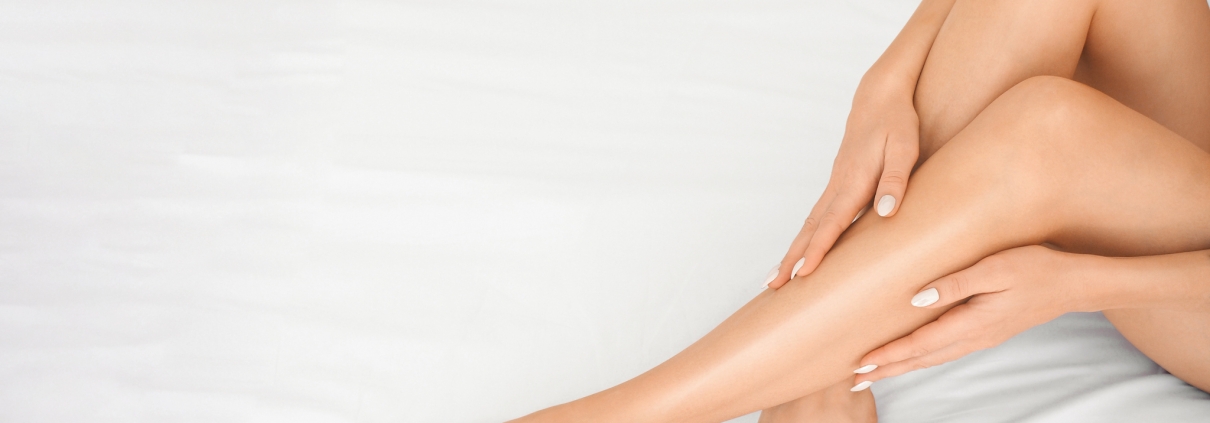Thin Nails
Nails are not just a cosmetic feature but also an indicator of overall health. Healthy nails are typically smooth, strong, and pink with a white crescent at the base. However, some individuals may struggle with thin nails that are more prone to breakage and damage. Thin nails can be a frustrating and bothersome issue, but understanding the causes, prevention, and treatment options can help you achieve healthier, stronger nails.
Causes of Thin Nails
Thin nails, also known as brittle nails or onychoschizia, can have a variety of causes. These may include:
Genetics:
One of the primary factors contributing to thin nails is genetics. If your parents or grandparents had thin nails, you may be genetically predisposed to the condition.
Aging:
As we age, our nails tend to become thinner and more brittle. This is a natural part of the aging process.
Nutritional Deficiencies: A diet lacking in essential vitamins and minerals, particularly biotin, vitamin E, and iron, can lead to thin and weak nails.
Excessive Moisture:
Constant exposure to water or soaking your nails for extended periods can weaken the nail plate, making it prone to thinning.
Harsh Chemicals:
Frequent use of nail polish removers, nail hardeners, or acrylic nails can strip the nails of their natural oils and proteins, making them brittle.
Medical Conditions:
Certain medical conditions, such as thyroid disorders, psoriasis, and fungal infections, can lead to thin and unhealthy nails.
Preventing Thin Nails
Preventing thin nails is often more effective than treating them. Here are some tips to help maintain strong and healthy nails:
Balanced Diet:
Consume a diet rich in vitamins and minerals that support nail health, including biotin, vitamin E, and iron. Foods like eggs, nuts, spinach, and lean meats can be beneficial.
Proper Nail Care:
Be gentle with your nails when trimming and filing them. Avoid using metal files, as they can cause splintering. Use a gentle nail buffer to smooth the edges.
Moisturize:
Apply nail and cuticle oil or a rich hand cream regularly to keep your nails hydrated. This prevents them from becoming excessively dry and brittle.
Limit Harsh Chemicals:
Minimize the use of nail polish removers containing acetone and avoid frequent application of nail hardeners or acrylic nails.
Protective Measures:
Wear gloves when doing household chores involving water or harsh chemicals to protect your nails from damage.
Proper Nail Polish Application:
Allow your nails to breathe between manicures. Don’t leave nail polish on for extended periods. Use nail polish with a gentle, acetone-free remover.
Thin nails can be a common and frustrating issue, but with the right care and precautions, you can improve their strength and appearance. Genetics, aging, and certain external factors play a significant role in nail health, but by following a balanced diet, practicing proper nail care, and using appropriate treatments, you can achieve healthier, stronger nails. Remember that patience and consistency are key when working to improve the condition of your nails.





